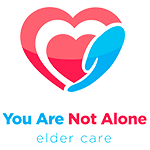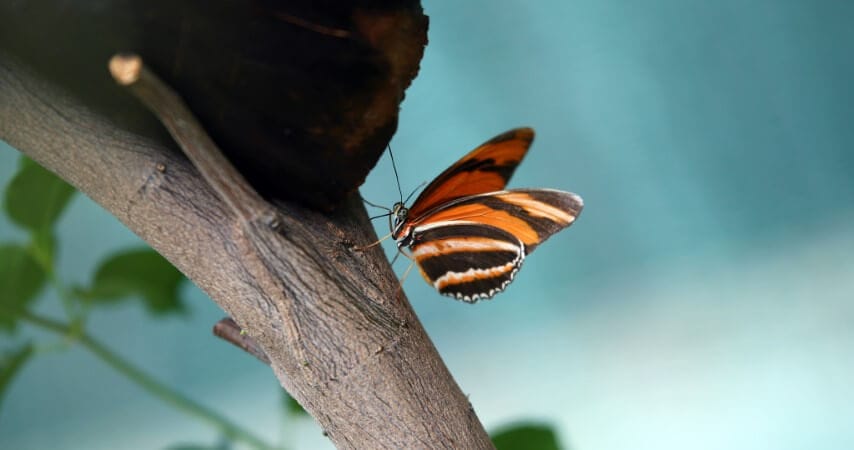 Death is still a taboo subject in our society – or if not “taboo” something that we don’t want to talk about. Most people, therefore, don’t have a healthy concept of what it’s like to die before it happens, or what constitutes a “good death.”
Death is still a taboo subject in our society – or if not “taboo” something that we don’t want to talk about. Most people, therefore, don’t have a healthy concept of what it’s like to die before it happens, or what constitutes a “good death.”
Ask any death doula what a good death means, and they’ll tell you that it is a recognition that a person is still alive until they take their last breath. An individual might have a terminal illness, they may have no prospect of recovery, and they may have accepted the inevitable, but they’re still a person with feelings and emotions.
Death is not an easy thing to face. Most people go through their lives with the expectation that their experience will continue the next day. A person at the end of life doesn’t have this security: each day might be their last. The process can be especially tricky for people who are used to planning and thinking about the future. It’s hard to continue a compelling life narrative when the horizon for one’s own life is so short.
Death doulas don’t operate like medical professionals: their focus is not exclusively on the physical wellbeing of the patient. Doulas instead focus on helping the emotional, psychological and spiritual development of the person in need, making sure that they continue to live their best life. The tragedy of the end of life is that it can bring a person’s life to a screeching halt, even before they have died. A terminally-ill individual might not see the point of making plans, going on vacation, or pursuing their hobbies. The prospect of death can destroy a person’s quality of life, even if their actual condition doesn’t prevent them from doing anything that they want to do.
Death doulas, therefore, can be thought of as a kind of support that attempts to prevent this kind of fatalism. The job of a death doula is to provide a good death, helping a person approach the end of life as an opportunity to do the things that they’ve always wanted to do.
Life isn’t over until it’s over. But when prospects are bleak, it can feel like it. Families, in particular, can get into a thinking rut, mulling over the negative aspects of a person’s illness, without considering what needs to be done with the time left. It doesn’t help that there isn’t a clear definition in the medical literature of what constitutes a “good death.” The best description we have so far is a death that is free from avoidable suffering for the patients and their family. But a good death isn’t just about the avoidance of pain but also the acceptance of it, and a willingness to continue living despite it, right until the end.
End of life doulas help people live their best life possible, despite the circumstances. They offer emotional, spiritual and physical support in the final days.

